Samsung Galaxy M10 vs. Realme C1 (2019) vs. Xiaomi Redmi 6: Specs, Features & Prices
Karamchand Rameshwar - Feb 05, 2019
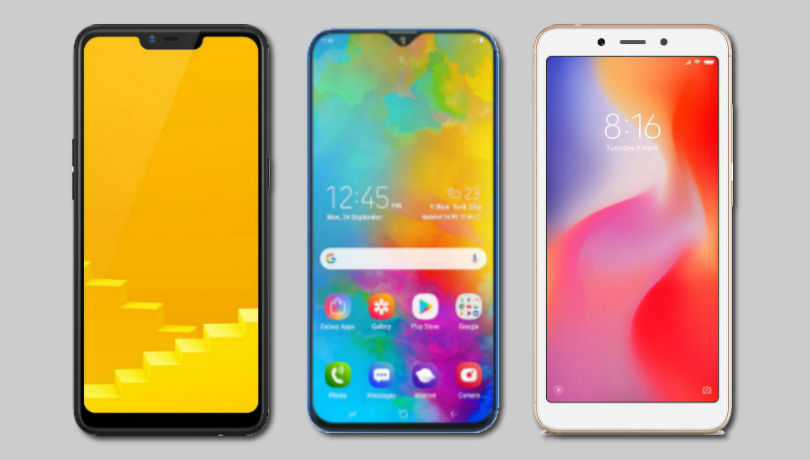
Samsung Galaxy M10, Realme C1 (2019), and the Xiaomi Redmi 6 all have their own strengths. Check out our comparison to see what differs between the three.
- Anticipating the Samsung Galaxy S26 and S26+: Key Rumors and Specs
- Xiaomi Launches Affordable Tracker to Compete with Apple's AirTag
- Generalist vs Specialist: Why the Redmi Note Series Remains Xiaomi's Easiest Recommendation
The MWC 2019, an event where OEMs will announce their new flagship phones, is getting closer. Ahead of the event, Samsung and Realme just released their budget phones in the Indian market. Both phones are priced below the Rs. 10,000 mark and have interesting hardware specs and design for their price ranges. So we would like to conduct a comparison between the two recently released Samsung Galaxy M10, Realme C1 (2019), and the popular Xiaomi Redmi 6.
Samsung Galaxy M10 vs. Realme C1 (2019) vs. Xiaomi Redmi 6: Price & Availability
Galaxy M10 is slightly more expensive compared to the other two with the same storage and memory options
The Galaxy M10 variant with 2GB of RAM/16GB of storage is priced at Rs. 7,990 while the option with 3GB of RAM/32GB of storage costs Rs. 8,990. It will be available from 5 February via Amazon.in. On the other hand, the Realme C1 (2019) comes in two storage options, including a 2GB of RAM/32GB of storage variant at Rs. 7,499 and a 3GB of RAM/32GB of storage model at Rs. 8,499. The phone will be up for sale in Flipkart from 5 February.
The Xiaomi Redmi 6 costs Rs. 7,999 for the base variant with 3GB of RAM/32GB of storage, while the 3GB of RAM/64GB of storage costs Rs. 8,999. The handset is offered via Mi.com and Flipkart.
Samsung Galaxy M10 vs. Realme C1 (2019) vs. Xiaomi Redmi 6: Display
The Redmi 6 has the smallest 5.45-inch display
While the Galaxy M10 and Realme C1 both pack a 6.2-inch HD+ display, the Xiaomi Redmi 6 pack a 5.45-inch HD+ panel.
The Realme C1 has a wider notch compared to the Galaxy M10's water-drop notch
The Realme C1 features a wide-notched display, whereas the Samsung Galaxy M10 features a water-drop notch. On the other hand, the Redmi 6 comes with a chin on both the top and bottom.
Samsung Galaxy M10 vs. Realme C1 (2019) vs. Xiaomi Redmi 6: Specifications & Features
The Xiaomi Redmi 6 offers the most with a reasonable price in terms of memory and storage configurations
The Galaxy M10 comes packed with a Samsung’s Exynos 7870 processor, coupled with 2GB or 3GB of RAM and 16GB or 32GB of storage. The Realme C1 (2019), on the other hand, comes packed with a Snapdragon 450 processor, coupled with 2GB or 3GB of RAM/32GB of storage. Lastly, the Redmi 6 is powered by an Helio P22 processor, coupled with 3GB of RAM/32GB or 64GB of storage. All of these three phones have support for expanding the storage.
Samsung Galaxy M10 vs. Realme C1 (2019) vs. Xiaomi Redmi 6: Cameras, Battery & Connectivity
In the camera aspect, all of these three handsets sport a dual camera setup on the rear. While the Galaxy M10 features a 13MP main sensor and a 5MP wide-angle lens on the rear, the Realme C1 (2019) features a 13MP main sensor and a 2MP sensor for depth sensing. Lastly, the Redmi 6 has a 12MP main sensor and a 5MP sensor for depth sensing.
The Galaxy M10, on paper, seems to have the better camera setup over the other two
On the front, all of the Samsung, Realme and Xiaomi handsets sport a single 5MP selfie camera with Face Unlock support.
Under the hood, the Galaxy M10 is backed by a decent 3,400 mAh battery while the Redmi 6 is powered by a 3,000 mAh battery. The Realme C1 (2019) has the most impressive battery capacity with 4,230 mAh. None of these phones have support for fast charging.
In the connectivity department, all of these handsets have support for Dual-SIM and common options like Bluetooth, Wi-Fi, and also GPS. For data transfer and charging, they all have a traditional micro-USB port on the bottom. In terms of software, they all run Android 8.1 Oreo with their companies’ customized UIs on top.
Featured Stories

ICT News - Feb 18, 2026
Google's Project Toscana: Elevating Pixel Face Unlock to Rival Apple's Face ID

Mobile - Feb 17, 2026
Anticipating the Samsung Galaxy S26 and S26+: Key Rumors and Specs

Mobile - Feb 16, 2026
Xiaomi Launches Affordable Tracker to Compete with Apple's AirTag

Mobile - Feb 14, 2026
Android 17 Beta 1 Now Available for Pixel Devices

Mobile - Feb 12, 2026
What is the Most Powerful Gaming Phone Currently?

Mobile - Feb 11, 2026
Top 5 Cheap and Efficient Gaming Phones in 2026

Mobile - Jan 31, 2026
Generalist vs Specialist: Why the Redmi Note Series Remains Xiaomi's Easiest...
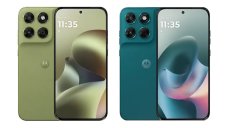
Mobile - Jan 30, 2026
Motorola Unveils Moto G67 and Moto G77: 5200mAh Battery, 6.78-Inch AMOLED Display,...

Mobile - Jan 30, 2026
Red Magic 11 Air Debuts Worldwide: Snapdragon 8 Elite Powerhouse with Advanced ICE...

Mobile - Jan 29, 2026
Guide to Sharing Your Contact Card via the mAadhaar App
Read more

ICT News- Feb 19, 2026
Escalating Costs for NVIDIA RTX 50 Series GPUs: RTX 5090 Tops $5,000, RTX 5060 Ti Closes in on RTX 5070 Pricing
As the RTX 50 series continues to push boundaries in gaming and AI, these price trends raise questions about accessibility for average gamers.

Mobile- Feb 17, 2026
Anticipating the Samsung Galaxy S26 and S26+: Key Rumors and Specs
The Samsung Galaxy S26 series is on the horizon, sparking excitement among tech enthusiasts.

ICT News- Feb 18, 2026
Google's Project Toscana: Elevating Pixel Face Unlock to Rival Apple's Face ID
As the smartphone landscape evolves, Google's push toward superior face unlock technology underscores its ambition to close the gap with Apple in user security and convenience.

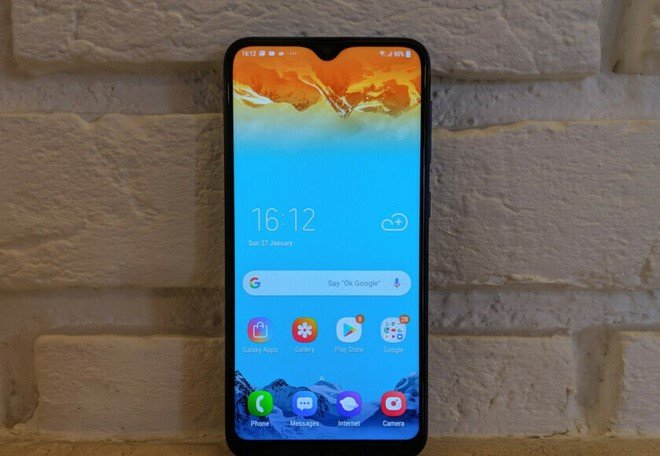
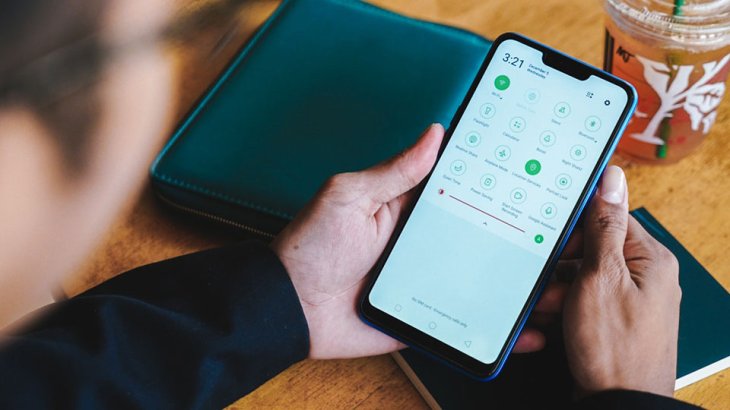
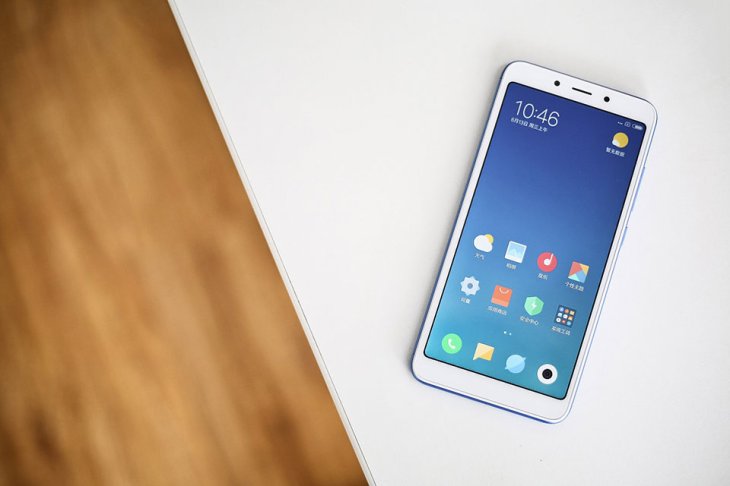
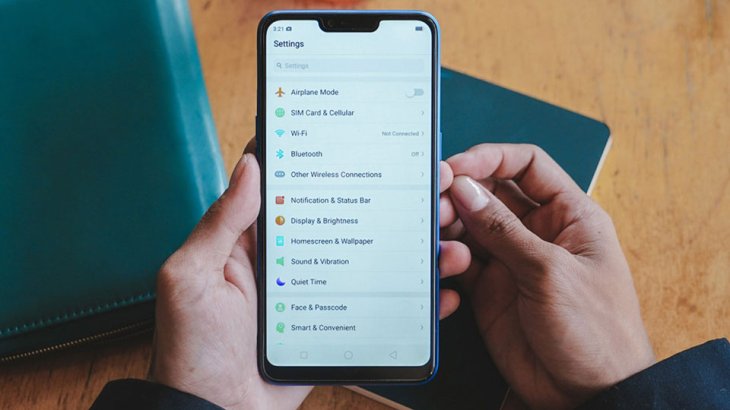
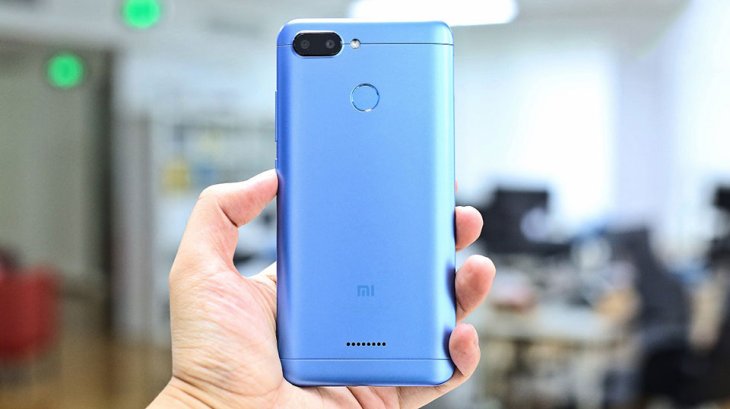
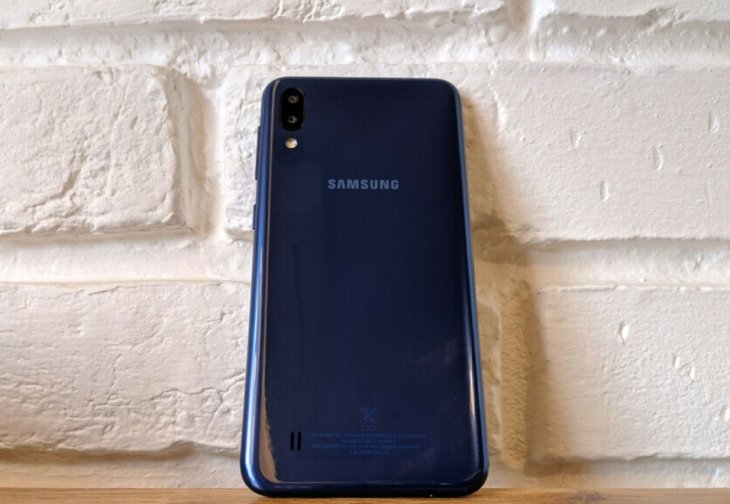
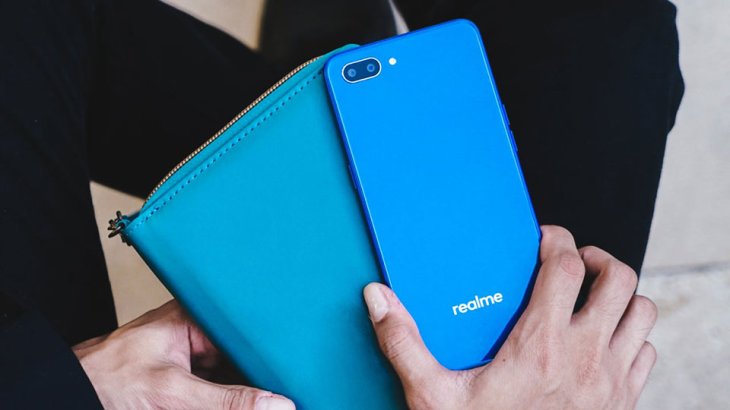
Comments
Sort by Newest | Popular